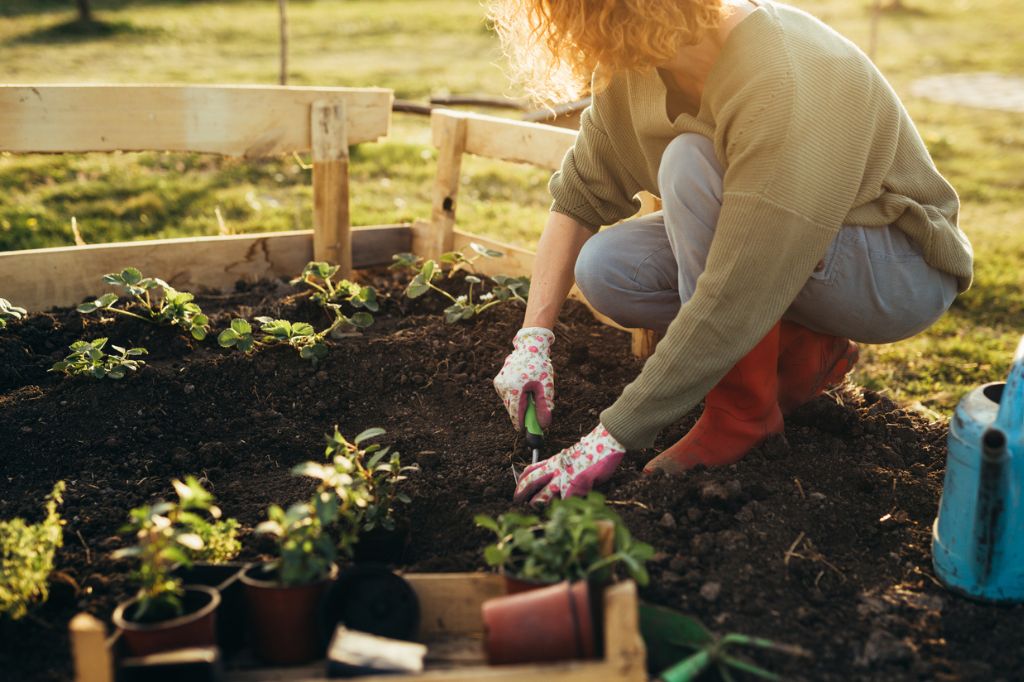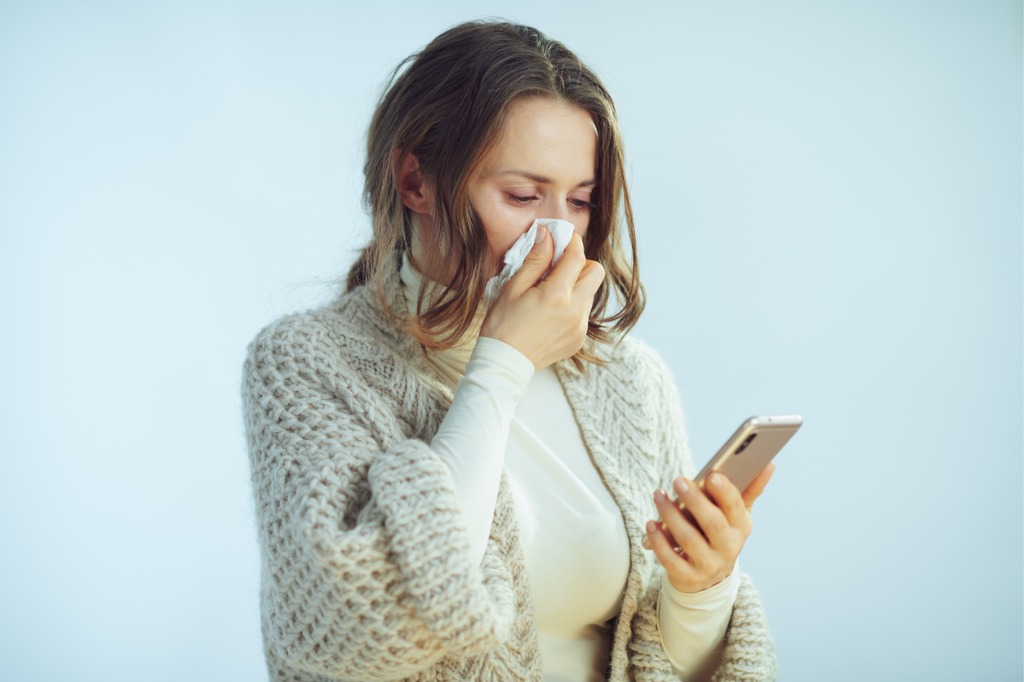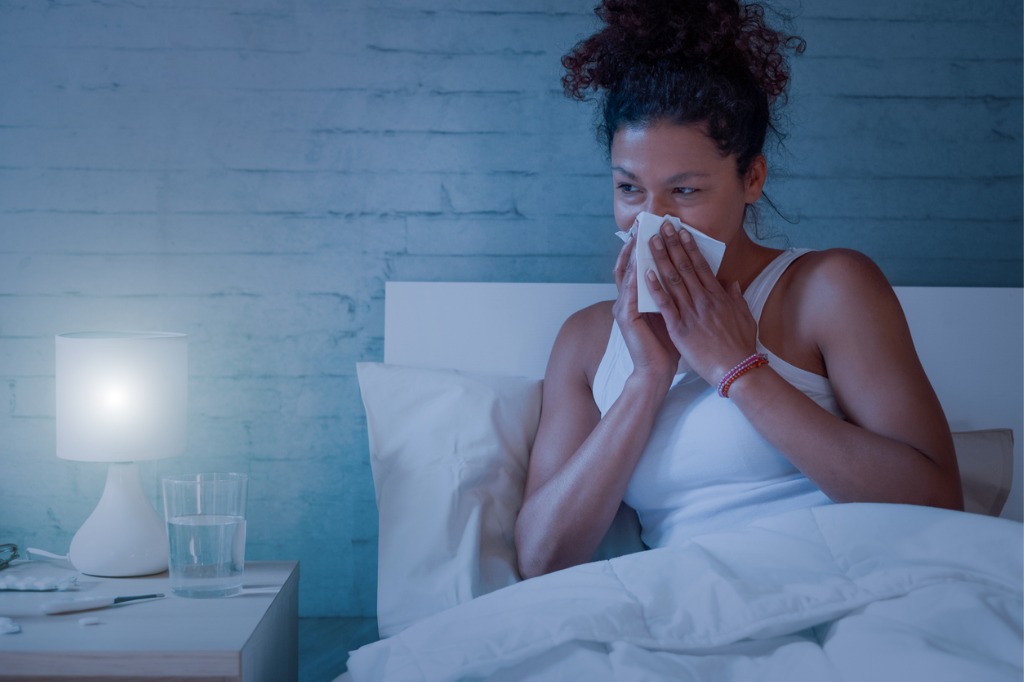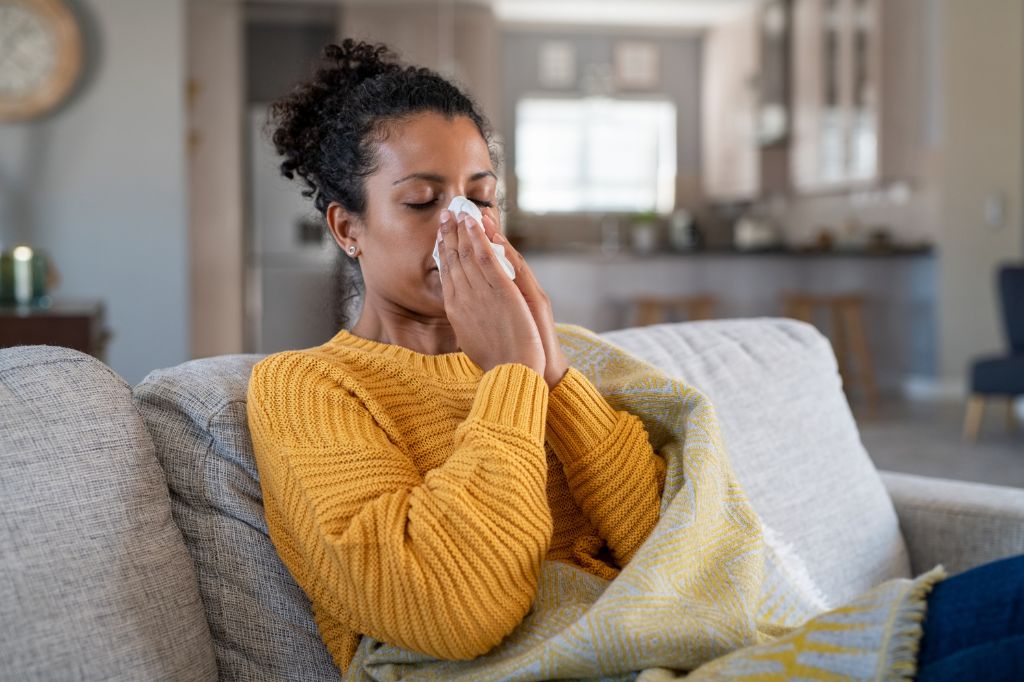
Combatting Plant Allergies While Gardening This Spring
Spring in Massachusetts is a vibrant season, bringing warmer weather, blooming flowers, and, unfortunately for many, the onset of allergies. As trees begin to pollinate at the start of the allergy season, many gardening enthusiasts find themselves battling sneezes, itchy eyes, and runny noses, making what should be a joyful activity into a challenging ordeal.
7 Tips to Enjoy Spring Planting in Massachusetts
With the right strategies, it’s possible to minimize allergy symptoms and enjoy gardening. Here are some tips to help you combat plant allergies during the spring planting season.
1. Understand Your Allergens
The first step in combating plant allergies is to know what triggers your symptoms. In Massachusetts, spring means tree pollen is in the air, with common culprits including oak, birch, and maple. By identifying the specific allergens that affect you, you can better plan your gardening activities around their peak pollen times.
2. Time Your Gardening
Pollen counts are typically highest in the early morning and late afternoon. Plan your gardening sessions for times when pollen levels are lower, usually in the late morning or early evening. Additionally, dry, windy days can stir up pollen, so opting for gardening after a rain can mean less airborne pollen.
Click here to check the pollen count in your area.
3. Create a Barrier
Wearing protective clothing can go a long way in keeping pollen off your skin and out of your airways. Long sleeves, pants, gloves, and even a hat or scarf can cover your skin. Consider wearing a pollen mask specifically designed to filter out allergens to protect your nose and mouth.
4. Choose Low-allergen Plants
If you’re planning your garden, opt for plants that are less likely to aggravate allergies. Many flowering plants, such as daffodils, tulips, and snapdragons, are pollinated by insects rather than by the wind, making them less likely to contribute to airborne pollen levels. Researching plants that are friendly to allergy sufferers can make your gardening experience more enjoyable.
5. Keep It Clean
After finishing your gardening work, leave your gardening clothes outside of your living area to avoid bringing pollen indoors. Showering and washing your hair can also remove pollen that may have settled on you while you were outside.
6. Garden Maintenance
Regularly trimming grass and removing weeds can help reduce pollen production in your garden. Additionally, using mulch in garden beds can prevent weeds from taking hold and reduce the amount of pollen in your gardening space.
7. Consider Allergy Treatments
For many, over-the-counter or prescription allergy medications can provide relief from symptoms. Nasal sprays, antihistamines, and eye drops can reduce discomfort and make time spent in the garden more pleasant.
The Importance of Allergy Testing
While these tips can help reduce exposure to allergens, the most effective way to combat plant allergies is to understand exactly what you’re allergic to. Allergy testing can identify specific allergens, allowing for a personalized treatment plan. At Northeast Allergy, we offer comprehensive allergy testing and tailored treatment plans designed to let you enjoy the spring season peacefully.
Gardening should be a source of relaxation and joy, not discomfort and sneezing. By taking proactive steps to manage your allergies, you can embrace spring planting in Massachusetts, even with plant allergies. And remember, if allergies are keeping you from enjoying your garden, it may be time to consider allergy testing. With a personalized approach to allergy treatment, you can look forward to spending time in your garden without the worry of allergy symptoms.
Ready to Tackle Spring Allergies?
Don’t let plant allergies hold you back from enjoying gardening this spring. Contact Northeast Allergy to learn more about how allergy testing can help you develop a personalized treatment plan. Let us help you enjoy the beauty of spring in Massachusetts, symptom-free.



